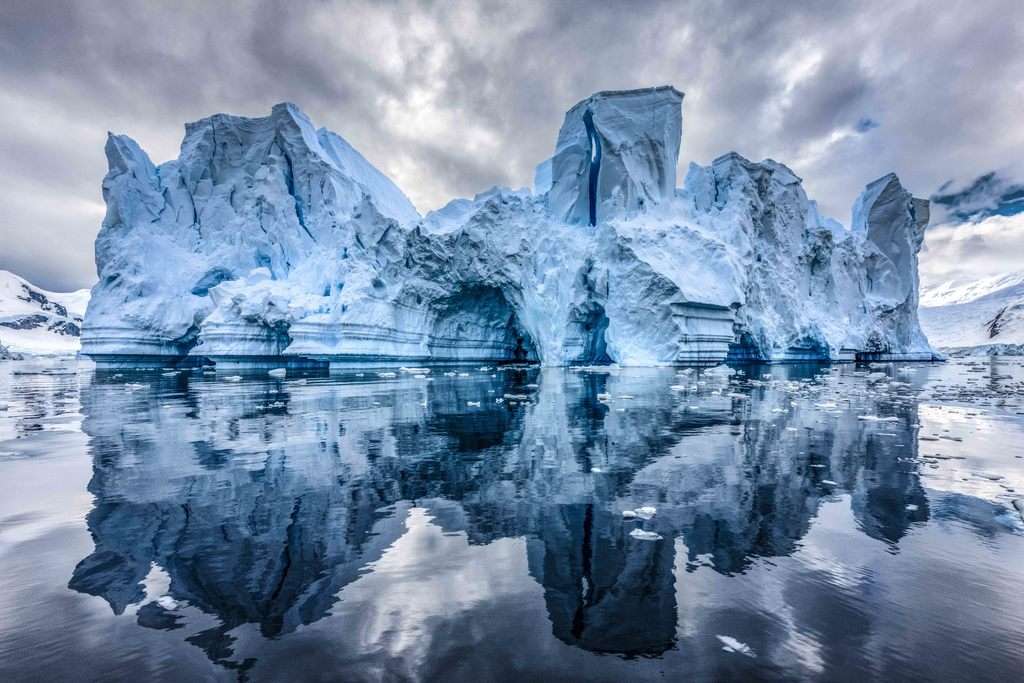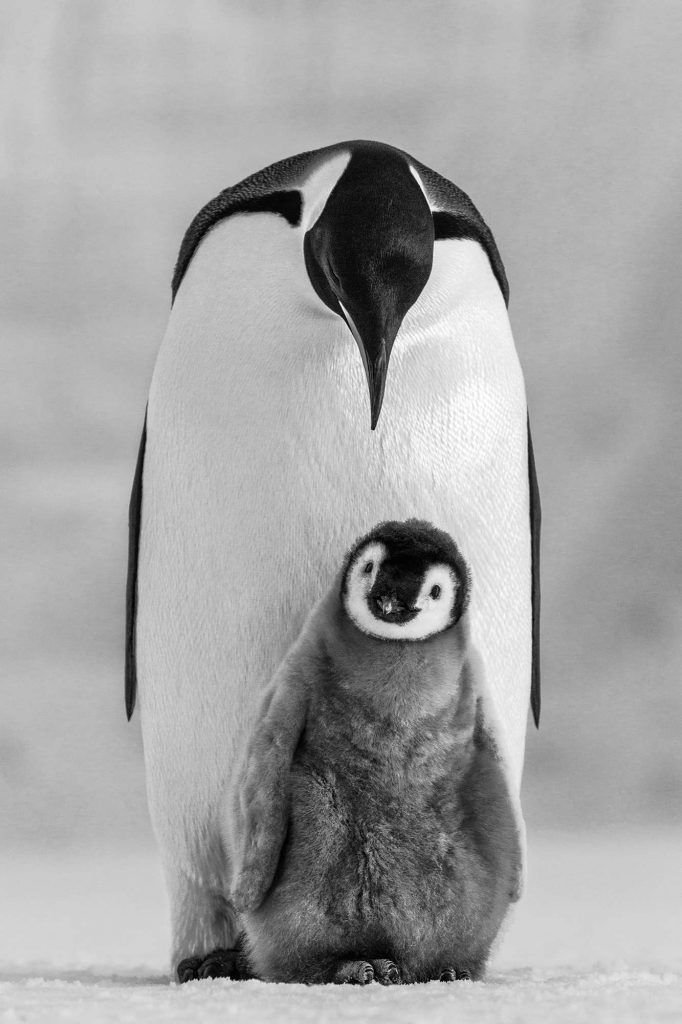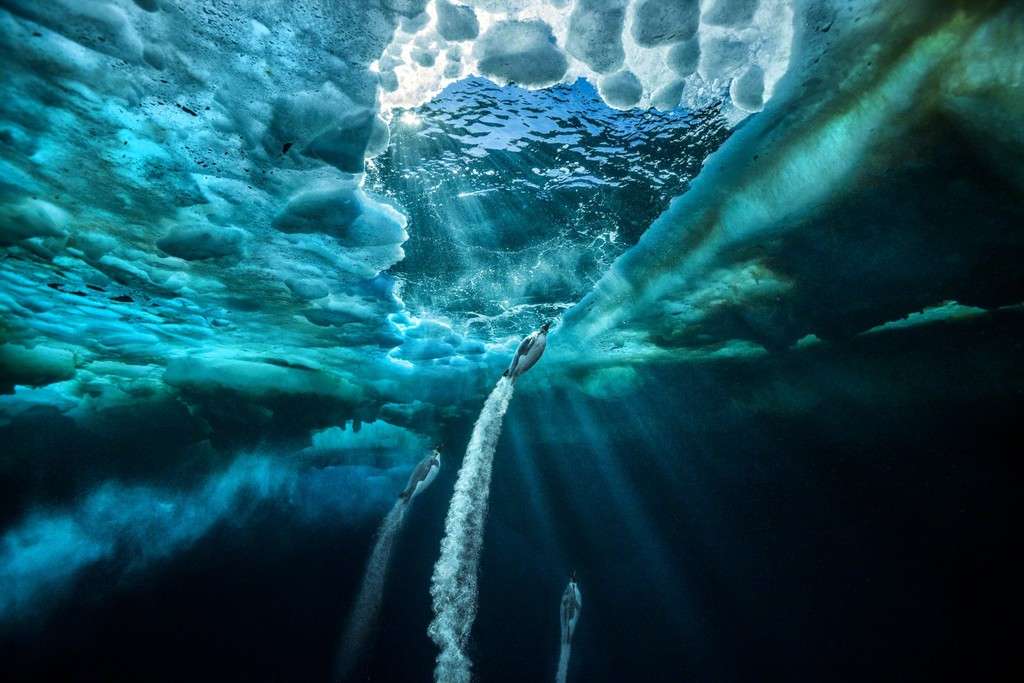Conservation Photographer Wants To Bring The Oceans To You
Originally posted on Arts Help, Summer 2021
Award-winning conservation photographer Paul Nicklen refers to our understanding of the ocean as a thin blue line. In other words, there is a line between our experience of the ocean; coastal vacations and the fish we eat, and what happens under the water; the complex ecosystem that supports our very existence. Closing that gap of understanding is now his purpose in life.
According to the United Nations Sustainable Development Goal (SDG) on Life Below Water,the oceans are essential global systems that manage our weather, regulate our rain and drinking water, provide a portion of the food we eat and almost all the air we breathe.
Humans cannot exist on the earth without the oceans. The UN estimates that 3 billion people depend on the oceans for their livelihood, including fishing and coastal tourism. And yet, those bodies of water are under constant threat. Uncontrolled overfishing has depleted most traditional fish stocks. More than 250,000 tons of plastic have entered the marine food chain because of human neglect and dumping. Every day, untreated sewage and industrial chemicals are poured into rivers that feed into the oceans. The oceans absorb about 30% of carbon dioxide but the extreme amounts of emissions we have produced have led to ocean warming, acidification and oxygen loss all of which threaten the health of the fish and their habitats as well as our weather systems.
The numbers are terrifying and have been well documented by scientists for decades and yet we still have not changed our behaviour.
Perhaps it is because what happens in the depths of the ocean is so far away from us that we don’t consider it important. What do you do to get people to notice the destruction of this “essential global resource”? According to Paul Nicklen, you start with stunning visuals and engaging movies.
“I call myself an interpreter and a translator,” says Nicklen in an interview with Photo Society. “I translate what the scientists are telling me. If we lose ice, we stand to lose an entire eco-system. I hope we can realize through my photography how inter-connected these species are to ice. It just takes one image to get someone’s attention.”
Paul Nicklen has been documenting life and land in the Arctic and Antarctic since 1995. He has won numerous awards including BBC Wildlife Photographer and the World Press Photo for Photojournalism. Most recently, Nicklen was given an honorary PhD at the University of Victoria, BC for his work to combat climate change. He has contributed to over 20 National Geographic articles and written 3 books. Most recently, with a focused direction to reach more people and effect more change, Nicklen founded the Sea Legacy Foundation.
From the Sea Legacy Impact statement, Paul Nicklen is quoted as saying,
“The objective of our work is to create movements and revolutions. It is to put pressure on governments, politicians, corporations, and to empower individuals to be the change they want to see.
“We know that science is important, but it has failed to “save the planet” despite the vast resources that have been invested in scientific research over the past 50 years. We connect art with that science and then move into conservation.”
Sea Legacy works through a three-step process. First, they lead expeditions of world-class photographers, videographers and storytellers to capture the beauty and challenges facing the oceans. Second, they use those visuals to spread the word through media channels to people all over the world. Lastly, they work with local communities, scientists and organizations to formulate solutions that connect culture, and social structure with programs dealing with, among other things, sustainable fishing, coral reed revitalization and empowering coastal women.
In June 2021, Sea Legacy posted their latest work, Antarctica: Life Emerging, a 13-minute video produced remotely during the pandemic with visuals by Paul Nicklen and music by Yo-Yo Ma.
The production can be seen on the media website Only One. In 2019, discovering they had complementary missions, Sea Legacy and Blue Sphere Foundation Only One, a digital platform to showcase stories that tackle the climate crisis. People from all backgrounds and organizations are encouraged to share their projects with the hope that others will be inspired to effect change.
As individuals, we can all do something to protect the oceans. We can buy only ocean-friendly fish, we can reduce our plastic consumption and we can organize beach clean-ups. But according to the UN, spreading the message about how important the health of the oceans is to our survival is one of the most important things we can do. Paul Nicklen is doing just that. As he says about the of Sea Legacy mission,
“It’s our job to bring the oceans to you.”
To read more about how you can help Sea Legacy click here.
To see the latest projects on Only One, click here.
To learn more about Paul Nicklen and see more of his collection of Fine Art Photography stills, click here.






